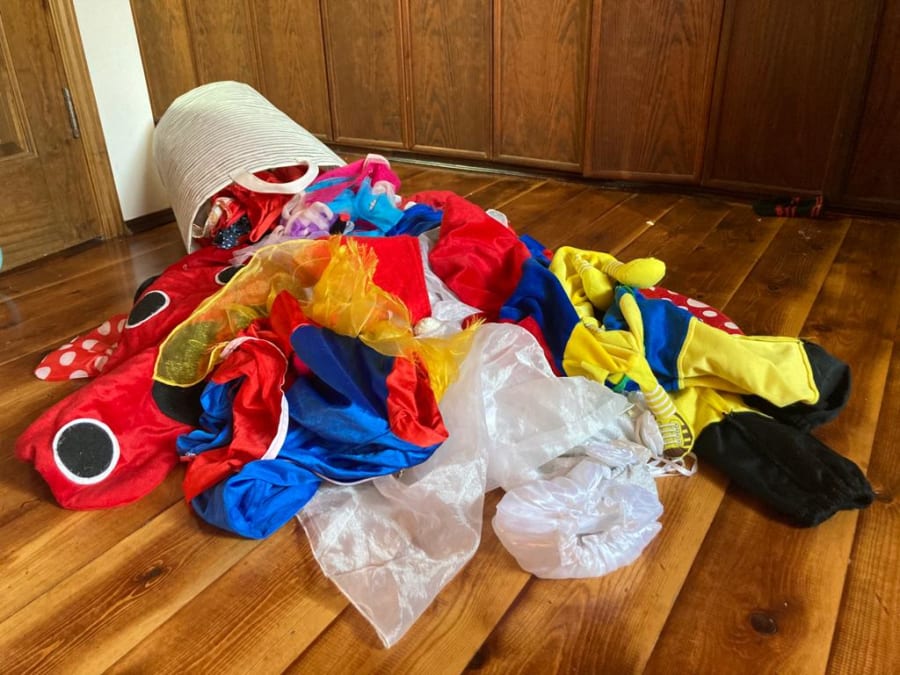CLOSED FOR PURIM: Curfews imposed during holiday bring Israel full circle to COVID outbreak in 2020
But some doctors say the closures are 'nonsense' now that most of the at-risk populations have been vaccinated

Another holiday. Another closure.
With a vote this week to impose a nightly curfew during the holiday of Purim and limit gatherings of those who want to celebrate together, Israel’s cabinet voted this week brought us full circle back to where it all began.
“This is to prevent what happened last Purim — we don’t want a repeat,” Prime Minister Benjamin Netanyahu said.
The coronavirus has just begun tricking over the Israeli border as far as anyone knew in late February and a few solitary infections were reported. That was back when the world knew little about the infectiousness of the disease, which had not yet been declared a pandemic. By early March, Israel required self-isolation periods for people who had flown in from Asian countries.
By March 11, social distancing rules were imposed and on March 19, Netanyahu declared a state of emergency. Masks laws were put into effect, schools were closed, businesses shuttered. The first death occurred on March 20.
Purim, a celebration of the deliverance of the Jewish people, is marked in Israel with costume parties, parades and raucous gatherings at synagogues where the Book of Esther is read and participants hiss whenever the name of Haman is mentioned.
Despite a whopping 70% of the nation’s 16 and up population having been vaccinated already, officials are still fearful of the virus’s spread. The country’s air and land borders have been sealed since Jan. 25 also in an attempt to contain the spread.
Yet the government has gone forward with nightly closures on Thursday, Friday and Saturday from 8:30 p.m. and end at 5 a.m.
But after nearly a year of closures and restrictions that have only increased in recent months, have they gone too far?
Yes, says Prof. Zvi Bentwich, an expert in internal medicine and infectious diseases and head of the Center for Tropical Diseases and AIDS at Ben-Gurion University.
Bentwich, a member of the Public Emergency Council for the Corona Crisis, explained that COVID is dangerous for the elderly, those with background diseases and pregnant women.
“Once the State of Israel has vaccinated most of that population, the risk ceases to exist. The right thing to do now is to rehabilitate the health system, to direct resources to strengthen medicine so that it will be ready for the next case,” he said.
“What the Ministry of Health is doing is terrible and horrific,” Bentwich said. “In our situation, with a very high rate of vaccinated among the at-risk population, threatening the public with closures and mutations is just nonsense.”
Health Ministry Yuli Edelstein maintains that his mandate is easier than what Esther asked of her people.
“In order to cancel Haman's decree, the people of Israel showed complete solidarity and fasted for three days with Esther,” Edelstein said. “I am not asking you to fast for three days. I am just asking you to follow the regulations. Do it for the business owners who just got back to work. For the culture world, hotels and education. For our health and life. For the children who cannot be vaccinated yet.”

Nicole Jansezian was the news editor and senior correspondent for ALL ISRAEL NEWS.













